
QANTAS: The Alan Joyce AU$16 million bonus
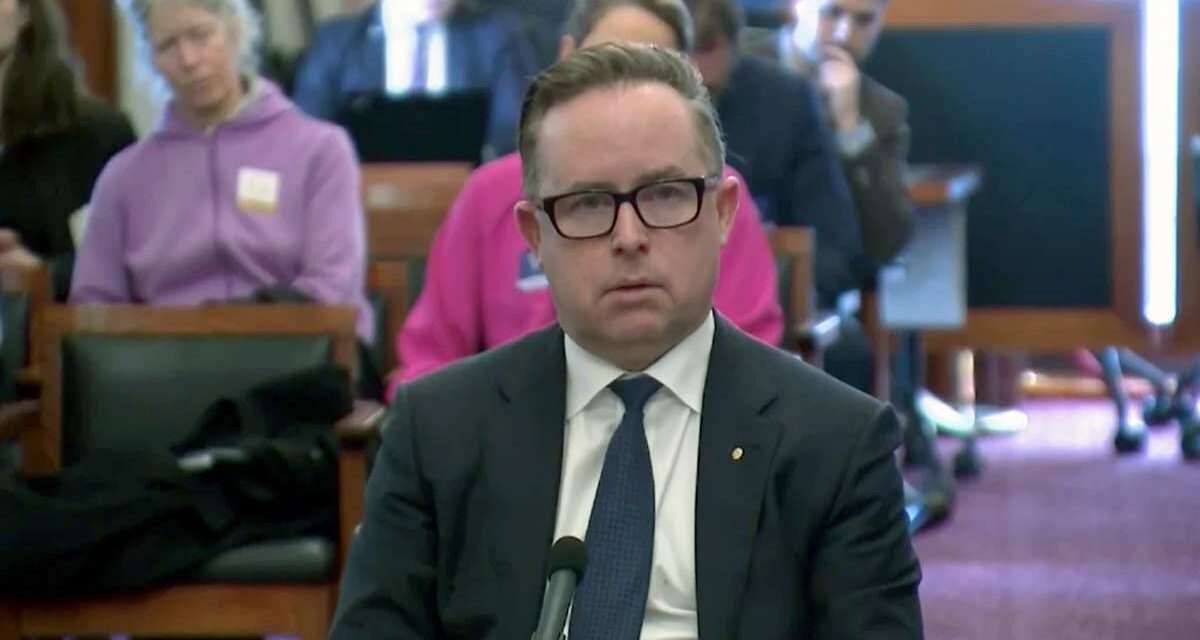
Cast your minds back to late last year, 2023. The reputational damage caused by Alan Joyce’s continuing employment as Qantas CEO caused him to leave the job early. Qantas then promised to review whether he should qualify for some of his bonus package.
The Qantas Board has decided to outsource this decision. That way, whether or not to give him the bonuses will not be their fault. It will be the ‘independent’ governance experts and their ‘independent’ advice that will provide the cover.
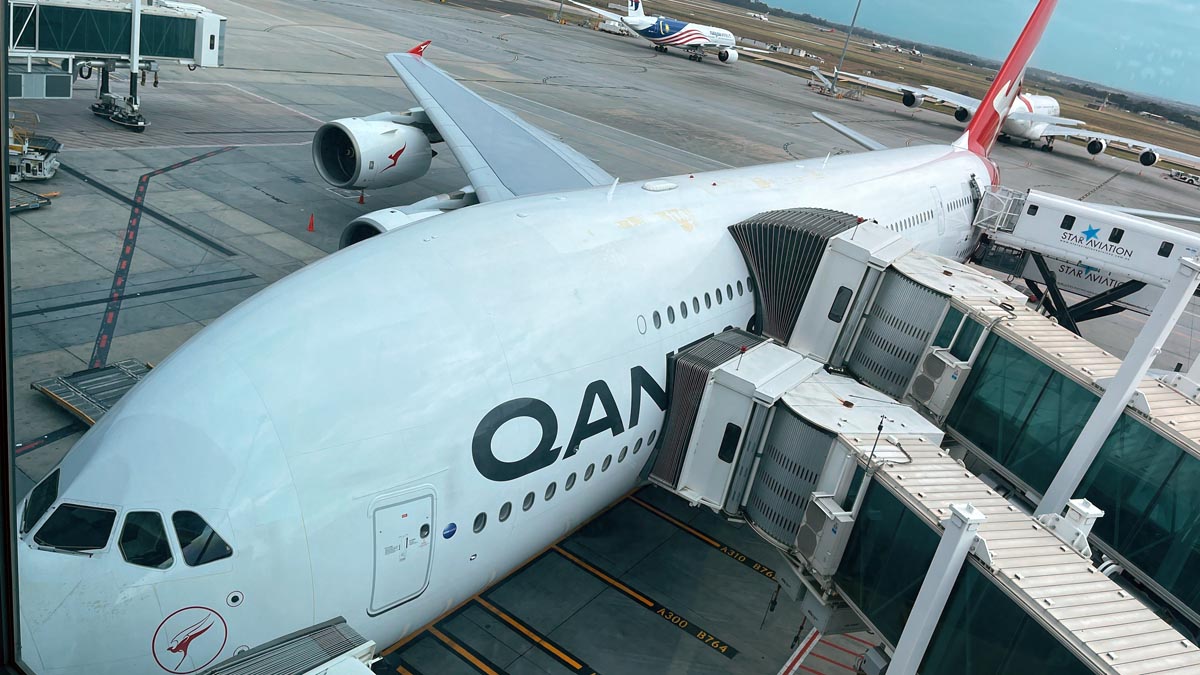
How independent will this advice be?
It will not be seen as very independent given the relationship between the advisors, Qantas, its board members and chairman. In this game, reality and perception are all wrapped up together, and in terms of independence, it doesn’t look good.
According to a report in the AFR, the key players all know each other. Colin Carter, who used to work for Boston Consulting Group (BCG), is an expert on board governance. He was also a board member of Westfarmers. The current chair of Qantas, Richard Goyder was CEO in 2005. They worked together there for the next nine years.
Carter is also involved with the Australian Football League (AFL). He was president of the Geelong Cats when Goyder was head of the AFL commission. More recently, in 2021, Goyder, on behalf of the AFL, commissioned Carter to look at the viability of initiating a Tasmanian-based team to the competition.
The links between Goyder and Carter are fairly overt. Less so are the links between the other part of the assessment team regarding whether Joyce should be entitled to the additional bonus payments. That’s legal firm King & Wood Mallesons, which coincidentally shares some of Alan Joyce’s favourite charities, like The Pinnacle Foundation, an LGBTQIA+ charity. Alan Joyce was a cornerstone donor and patron, with the Foundation being a gold sponsor and host of the annual Partners’ Dinner.
![Richard Goyder, outgoing Chair, Qantas [Qantas]](https://www.2paxfly.com/wp-content/uploads/2023/10/Richard-Goyder-Chair-Qantas.jpg)
2PAXfly Takeout
Independent advice needs to be both actually independent and seen as independent. This advice panel doesn’t seem to qualify on either ground.
While I accept that their advice is still unknown and presumptively yet to be formed from the outside and these relationships, it doesn’t look that way.
It will be a review conducted by people who know the current Chair and ex-CEO of Qantas to provide cover for what might be a legal obligation to pay Joyce millions.
It looks like this is a cover for Qantas. If the travelling public and customers don’t like the decision because it awards Alan Joyce all or part of that AU$16 million, the airline can hold up its hands and say, ‘Not me, guv’nor. It was the independent advisor’s decision.’

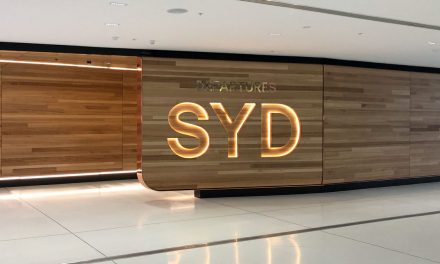
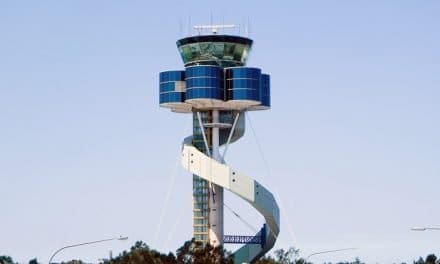
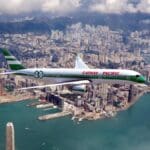

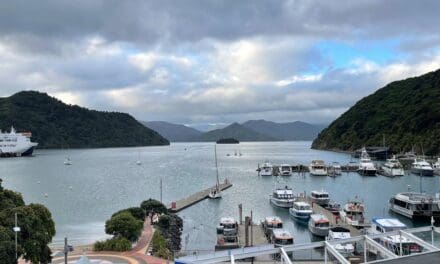


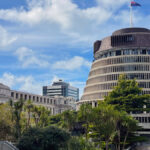


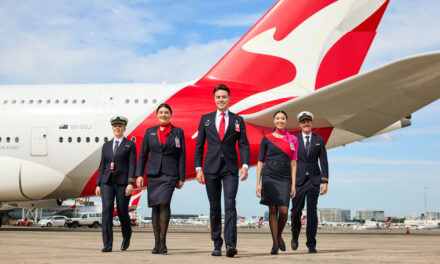
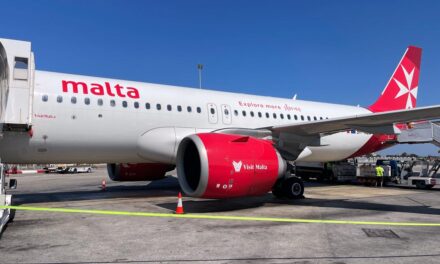

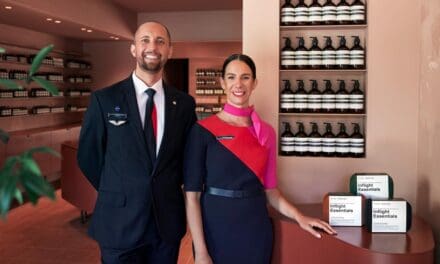
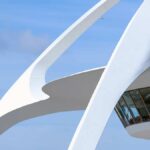


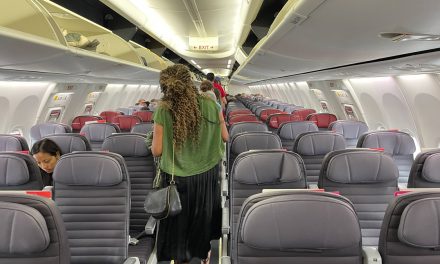
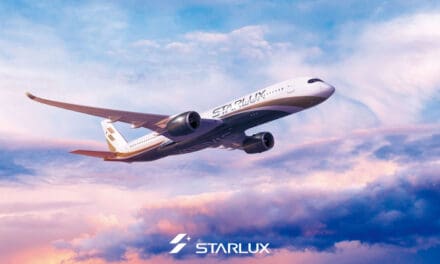
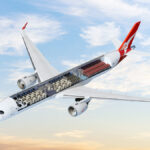



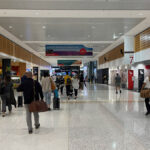

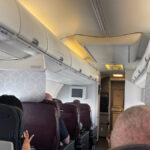
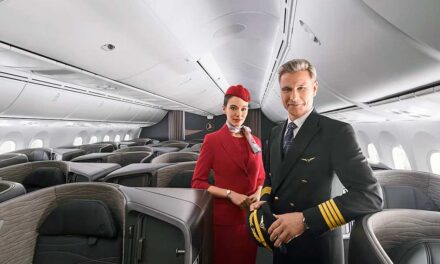
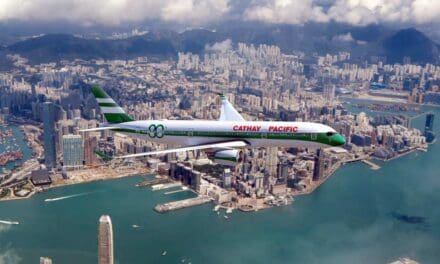

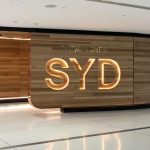
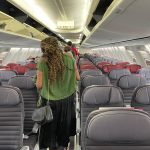

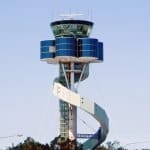
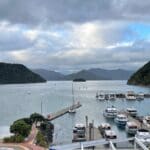

Everybody has forgotten that when Joyce came on board in 2012 the Qantas share price was $1 and it’s international arm was haemorrhaging cash at an alarming rate. He turned the business around and made it profitable again. He deserves the bonus payment.
I think you will find that Joyce joined Qantas in 2008, and the share price at the end of that financial year was AU$3.64. You are however close to the mark where, in your terms he drove down the share price to AU$1.13 in 2012 after grounding the airline in 2011. It got worse. He recorded the largest loss ever of AU$2.8 billion in 2014, and the airlines share price dipped below AU$1. Admittedly two years later in 2016, the share price was sitting at AU$4, and the company recorded a profit of AU$1.6 billion, after sacking 5,000 staff. If memory serves me correctly, the international division still doesn’t really make money, its the domestic division, freight and the loyalty scheme that make the profit.
Sorry but I disagree. I got into Qantas for $1.50 in 2012 before it dipped to below $1.00 due to the international arm bleeding cash. Joyce turned the international division into a money maker. Just look at the Perth-London and the Perth-Paris routes. Cash cows.
I am not sure you are disagreeing. Joyce had been with the airline for 4 years before the share price tanked. On the question of international operations profitability: in the 2023 accounts (pre-COVID 2019 figures in brackets), the operating margins are; Domestic 18.2% (12.1%), on International 11.7% (3.8%), Jetstar 9.5% (9.3%), and Qantas Loyalty 20.6% (22.6%). During the COVID years, International made losses due to little flying, and despite subsidies. 2023 International figure could be an anomaly due to the post COVID travel surge. I think ‘cash-cow’ is a little strong, although the future and Project Sunrise may add to your case. Figures are from publicly available Qantas Group Annual Reports.
Quickest way to save money is to sack staff.